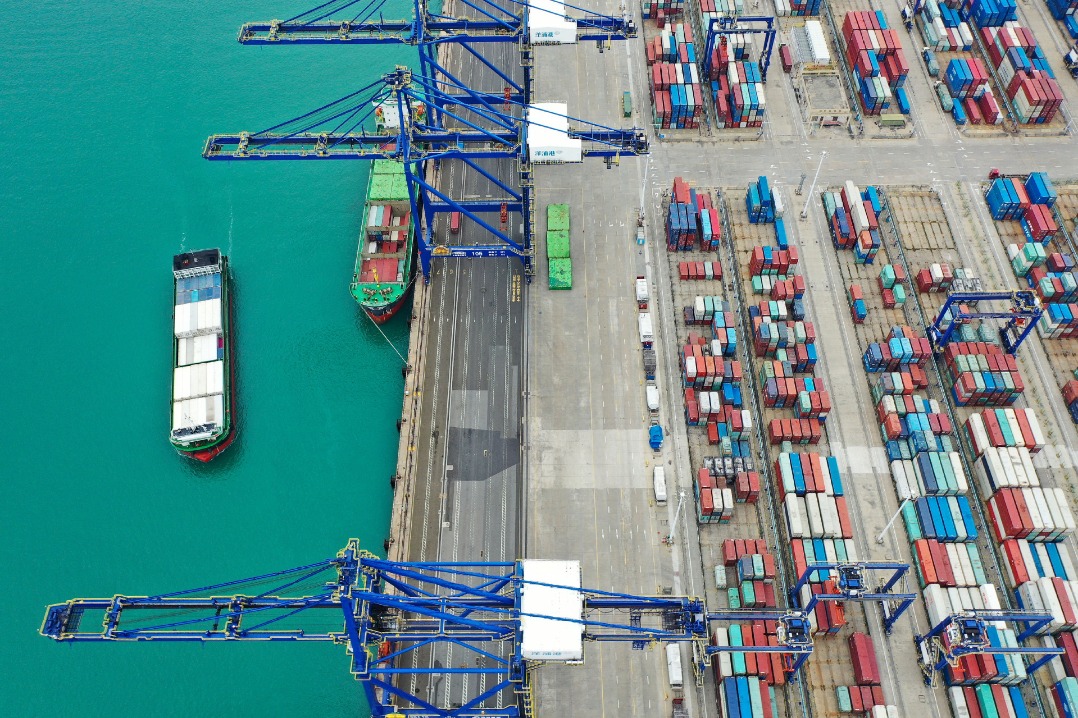Multinationals eye evolving Chinese market


Opening wider
Given the resilience and potential of the Chinese economy, last month's tone-setting Central Economic Work Conference vowed to make greater efforts to attract and use foreign capital, widen market access, promote further opening-up of modern service industries, and grant foreign-funded enterprises national treatment.
The meeting pledged that China would actively seek to join high-standard economic and trade agreements such as the Comprehensive and Progressive Agreement for Trans-Pacific Partnership and the Digital Economy Partnership Agreement.
Zhao Ping, deputy head of the Academy of the China Council for the Promotion of International Trade, said, "To reach these goals, China will further adhere to standard economic and trade rules, create a more market-oriented and law-based business environment, and open even wider to global companies this year."
Actual use of foreign direct investment in China grew by 9.9 percent year-on-year to 1.16 trillion yuan from January to November last year, Ministry of Commerce statistics show.
This growth was bolstered by new opening-up policy measures, fast-growing sectors such as healthcare, high-end manufacturing and modern services, multilateral trade initiatives and high-standard business platforms, including the Regional Comprehensive Economic Partnership and the annual China International Import Expo.
Meanwhile, investment in China from the Republic of Korea and Germany rose by 122.1 percent and 52.6 percent year-on-year respectively, while such investment from the United Kingdom grew by 33.1 percent.
Jens Hildebrandt, executive director of the German Chamber of Commerce in North China, said the Chinese market is of paramount importance to many German companies.
"German businesses will keep investing in China. They expect growth in many industries, especially in the fields of decarbonization, e-mobility and connected driving," he said.
In Beijing, Wang Wen, executive dean of the Chongyang Institute for Financial Studies at Renmin University of China, said global businesses operating in China, particularly manufacturers, will continue to set up digitally enabled plants, establish innovation centers and seek more market share in their respective industries, including automotives, consumer goods, green development and high-end manufacturing.
Bosch, a German multinational engineering and technology group, is heading in that direction. In the second quarter of this year, the company will complete phase two of its united automotive electronic systems plant in Taicang, Jiangsu province.























